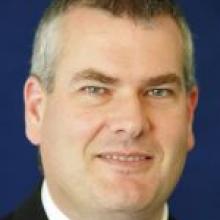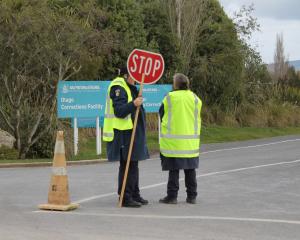
The board was told that revaluing of the board's buildings and equipment was expected to show a $15 million increase in their value, resulting in an increased capital charge of about $1.5 million.
Boards are required to pay annual capital charges for the land and buildings they occupy because the Government has paid for them.
Last time such revaluations occurred, the Government gave extra funding to cover this, but regional chief financial officer Robert Mackway-Jones told the meeting indications were that this was not going to happen this time.
If there were large increases across the sector it would become an issue, he said.
Chairman Richard Thomson said the charge amounted to a straight tax on an unrealised gain.
The board could not realise a gain from the increased property value because it needed to use its land and buildings.
It effectively amounted to a book entry, but the board was being expected to pay for it.
Amid laughter, chief executive Brian Rousseau suggested the board should seek expressions of interest in buying board property. Then the board would know their true market value.
Mr Thomson said it was time attention was drawn to the situation.
"Sometimes, silly things get attended to more quickly if they are drawn to people's attention in a regular and appropriate manner."
Mr Thomson spoke out earlier this year about the expected $4 million annual capital charges on its plans to redevelop Dunedin and Wakari hospitals.
Imposition of such charges, if they had to be met out of board operating costs, would affect the current provision of services, he said.
The board is seeking about $30 million for upgrading projects this financial year, but it will be August before it knows if it has been successful.
Speaking after the board meeting this week, Mr Mackway-Jones said there was an expectation that boards could fund such charges from increased efficiencies. However, this was difficult in situations where the board was patching up or upgrading old facilities rather than building something brand new.












